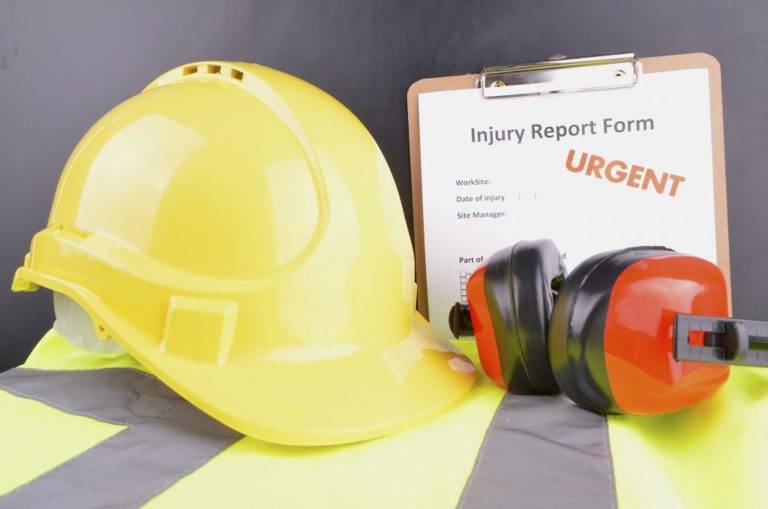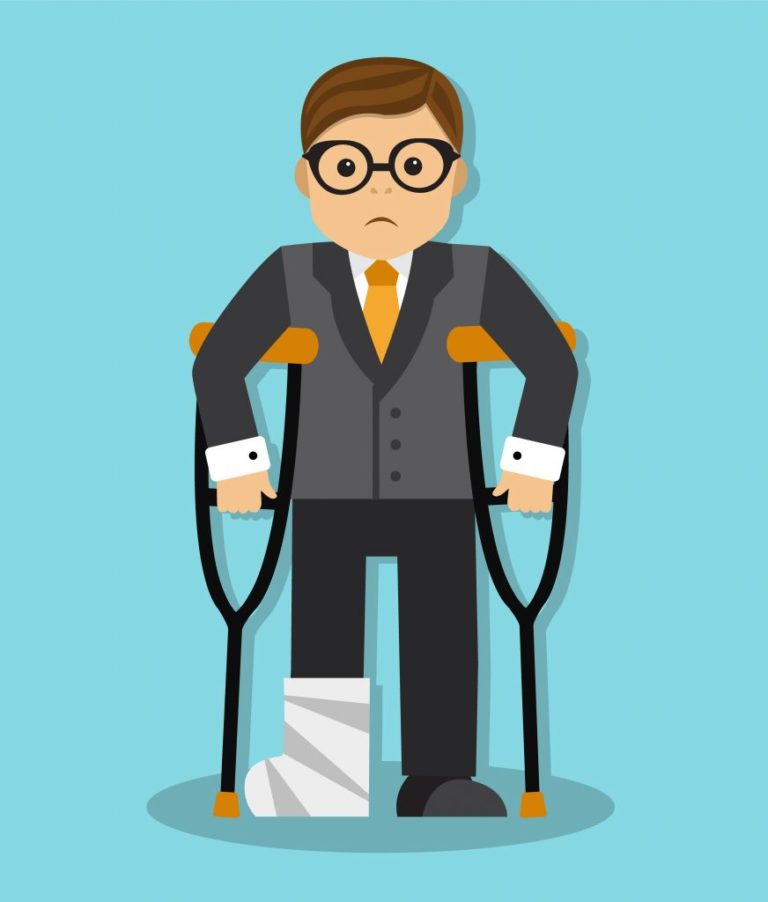Do you suspect your parent or loved one may be the victim of elder abuse?
This scenario is every family’s worst nightmare – and a terrifying realization for many people.
Recognizing the signs and indicators of elder abuse is critical to helping victims. If you think a loved one is suffering from abuse or neglect at the hands of a caregiver or relative, it’s important to speak up.
Read on to learn essential information about elder abuse, including the warning signs, what you can do to prevent it, and how to report it.
What is Elder Abuse?
Elder abuse refers to any action or inaction that causes harm or affects the health or well-being of an older person. This can encompass a wide range of mistreatment against an elderly person by family members, caregivers or any individual in a position of power or trust.
As seniors age, they lose the ability to defend themselves and become increasingly vulnerable to abuse and exploitation. Sadly, many victims of elder abuse rely on their abuser for personal care, shelter or food – which is one reason many seniors are reluctant to report the abuse.
Elder abuse can happen to anyone and it can occur anywhere, including in the person’s home, a nursing home, an assisted living facility or a hospital.
Typical risk factors that can make an elder more susceptible to abuse include:
- Social isolation
- Poor health
- Mental health issues or dementia
Elder abuse in Ontario is a serious and widespread problem. With the number of seniors predicted to increase over the coming years, this issue will only become more prevalent in the future.

How to Spot the Warning Signs of Elder Abuse
The first step to preventing elder abuse is learning the warning signs.
Elder abuse isn’t always easy to recognize. Signs can manifest in obvious ways, like unexplained bruises or broken bones. However, some symptoms can be more difficult to detect – or mistaken for other cognitive or behavioural disorders.
A few of the most common signs of elder abuse are untreated bedsores, poor hygiene, weight loss, depression and sudden social withdrawal. Many of these symptoms can have varying causes, but any changes in your loved one’s personality or physical condition should be taken seriously.
You should also be aware of warning signs that could indicate an abusive caregiver. Whether your parent or loved one is in the hands of a professional caregiver or family member, these are the red flags to look for:
- Having a history of mental illness, violence or substance abuse
- Not allowing the elderly person to talk to visitors alone
- Being inappropriate or aggressive with the elderly person
- Speaking about the elder as if they were a burden
- Withholding affection from the elderly person
The Different Types of Elder Abuse
Elder abuse isn’t simply physical; this type of abuse can take many forms, including psychological, sexual, financial and neglect. Elder abuse rarely happens as an isolated incident, and more than one type of abuse can occur at the same time.
By understanding the different types of elder abuse and their warning signs, you can potentially help prevent any further harm or neglect.
- Physical
Physical abuse is any type of force or violence against an elderly person that results in bodily harm, physical pain, injury or impairment.
This form of abuse includes physical assaults such as pushing, shaking or hitting, along with the inappropriate use of drugs or confinement.
Signs of physical abuse vary greatly, but can include:
- Unexplained injuries such as broken bones, bruises, welts or cuts
- Open wounds or untreated injuries
- Dislocations and sprains
- Marks from restraining devices
- Internal bleeding or injuries
- Evidence of over/under-medicating
- Changes in the elderly person’s personality or behavior
- Psychological/Emotional Abuse
Psychological or emotional abuse is believed to be the most common type of elder abuse. Unfortunately, it’s also the most difficult to detect because there generally aren’t any physical indicators or evidence.
This form of abuse can be defined as any verbal or non-verbal action that causes mental anguish or distress, from threats to manipulation, intimidation or insults. Sometimes, the elderly person is treated like a child, ignored or isolated from their friends and family.
Examples of psychological/emotional abuse include:
- Yelling and shouting
- Name-calling and ridiculing
- Embarrassing the person in front of others
- Making the person feel guilty or upset
- Giving an elderly person the silent treatment
- Restricting access to necessities like food and water or the bathroom
- Taking away or hiding personal items

- Sexual Abuse
Elder sexual abuse is the initiation of unwanted sexual contact with anyone over the age of 60. This also includes contact with seniors who cannot communicate their disapproval or consent due to illness or cognitive impairments such as dementia. Everything from inappropriate touching to rape can be categorized as elder sexual abuse.
Signs and symptoms of this form of abuse include:
- Unexplained STDs or genital infections
- Bruises on the breasts, inner thighs or genitals
- Difficulty walking or sitting
- Underwear that is torn or bloody
- Panic attacks or signs of post-traumatic stress disorder
- Social or emotional withdrawal from others
- Neglect
Neglect is the failure to provide an elderly person with essential care or basic necessities such as food, water, medication, hygiene, clothing, personal safety or attention. This type of abuse can fall under two categories:
- Active neglect: when a caregiver deliberately withholds care and basic necessities
- Passive neglect: when a caregiver unintentionally fails to provide proper care to an elderly person due to ignorance or inexperience
Signs and symptoms of neglect include:
- Allowing the individual to live in unhealthy, unsanitary or dangerous conditions
- Withholding access to medical attention
- Unkempt appearance or dirty clothing
- Untreated bed sores or injuries
- Abandonment
- Malnutrition or dehydration
- Financial Abuse
Financial elder abuse is defined as the illegal or unauthorized use of a senior’s money, assets or property. Theft and forgery are obvious examples, but this type of abuse can also include pressuring a senior for money, coercing an elderly person to sign a document they don’t fully understand or misusing an elder’s property or finances.
Signs and indicators of financial abuse include:
- Suspicious signatures on cheques or other documents
- Unexplained or large amounts of money withdrawn
- Changes to legal documents
- Using the elderly person’s ATM card or withdrawing money without permission
- Elder receiving inadequate care when they can afford better

How You Can Help Prevent Elder Abuse
It’s important to remember that everyone can help to prevent elder abuse. Here are a few steps you can take to combat the exploitation of older adults:
- Stay in touch with your elders and visit as often as you can
- Encourage elders to keep active and attend community activities
- Inform elders to be wary of friends, family member or caregivers who are seeking financial assistance
- Keep an eye out for warning signs that might indicate elder abuse. If you suspect abuse, report it or reach out and ask how you can help
How to Get Help
If you have reason to believe your parent or loved one (or any older adult) is being abused, you should take action. Don’t hesitate to call 911 if you think the person is in imminent danger.

How to Report Elder Abuse
If the danger isn’t life-threatening, contact the senior and ask if he/she needs help. If you need assistance or if you want to report the issue, contact one of the following agencies or organizations:
- Advocacy Centre for the Elderly
- Seniors Safety Line – 1-866-299-1011
- Elder Abuse Ontario
- Crime Stoppers
If the victim lives in a long-term care facility or retirement home, reporting abuse is mandatory by law.
To report abuse in a long-term care home:
- You must contact the Ministry of Health and Long-Term Care Director. Call the Long-Term Care ACTION Line: 1-866-434-0144 (7 days a week, 8:30 a.m. – 7:00 p.m.)
To report abuse in a retirement home:
- You must contact the Retirement Homes Regulatory Authority by calling 1-855-275-7472 (1-855-ASK-RHRA)
Consult an Attorney
In certain cases, it is possible for long-term care homes to be held liable for elder abuse or neglect. If you want to file a nursing home negligence claim, contact an experienced personal injury lawyer to help guide you in your decision-making process.
If Your Loved One is the Victim of Elder Abuse, Conte Jaswal Can Help
At Conte Jaswal, we can help you better understand your rights and ensure your loved one is protected.
Our experienced and compassionate lawyers will provide you with invaluable advice, and fight to get you the compensation you deserve.
Contact us today for a free, no-obligation consultation to discuss your options.





